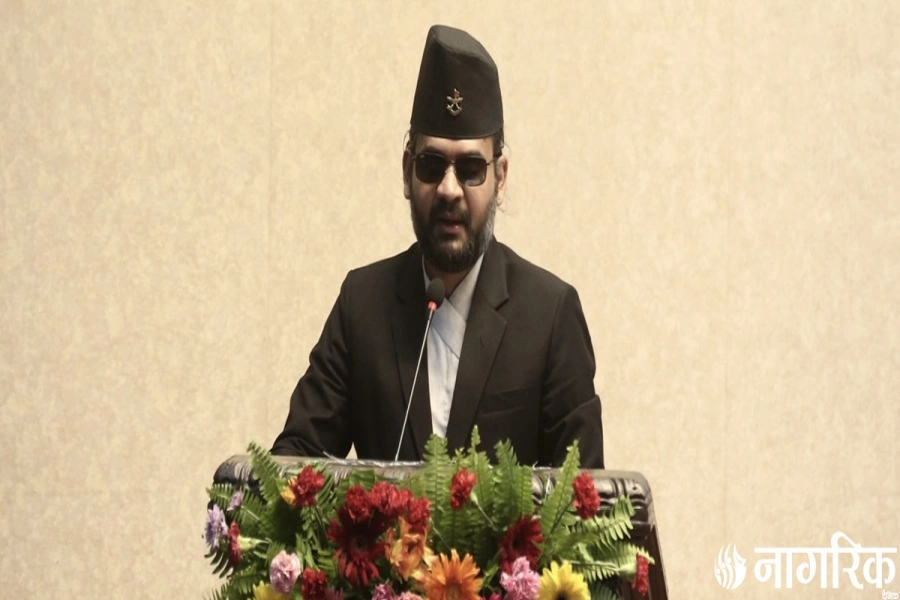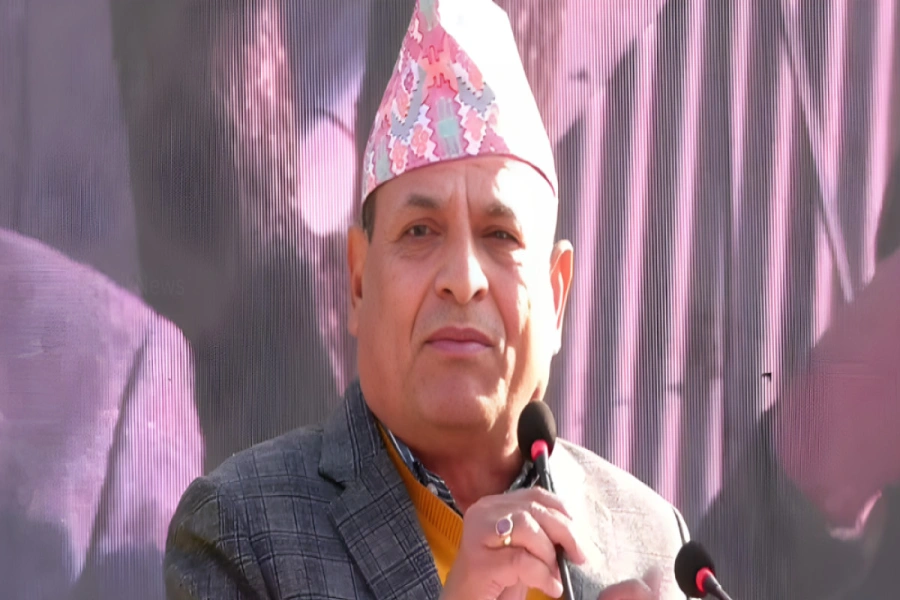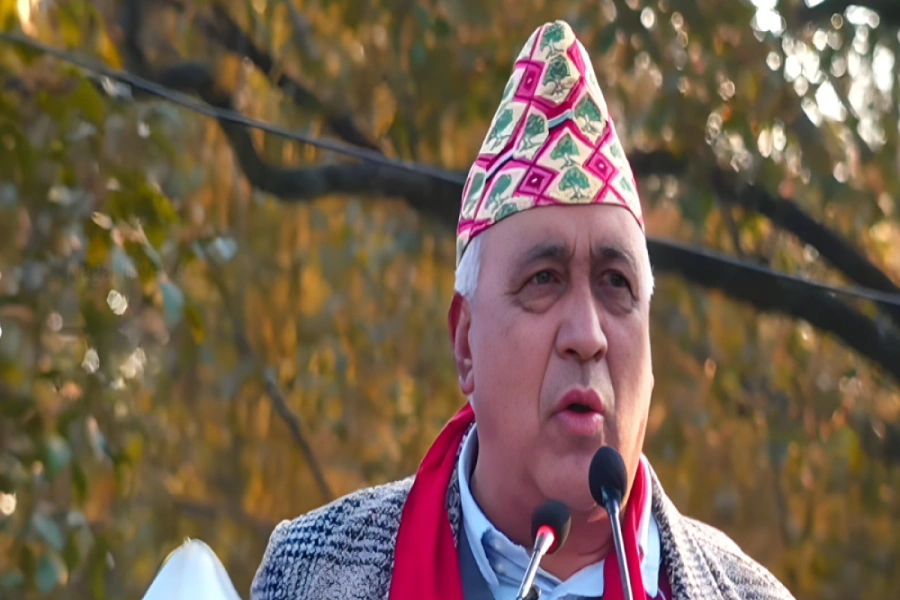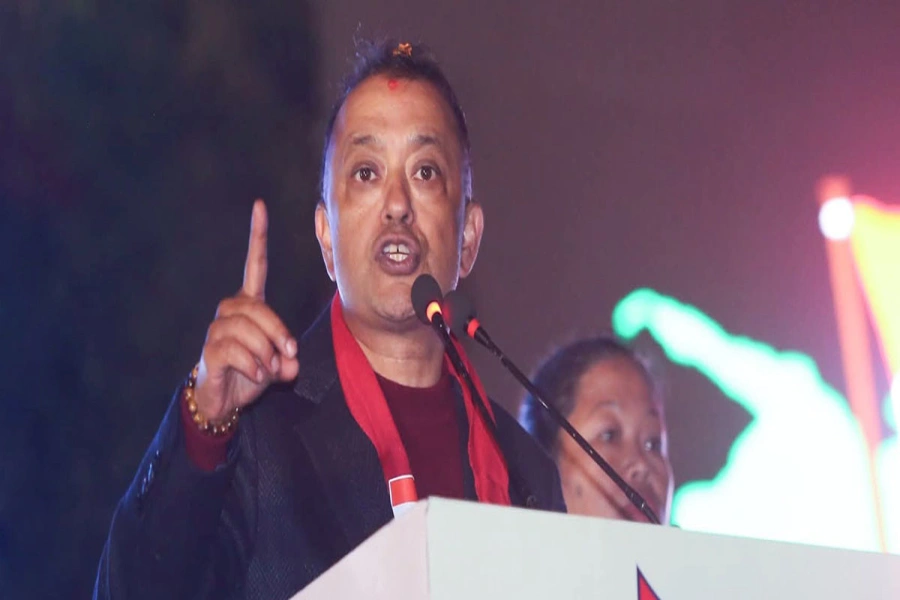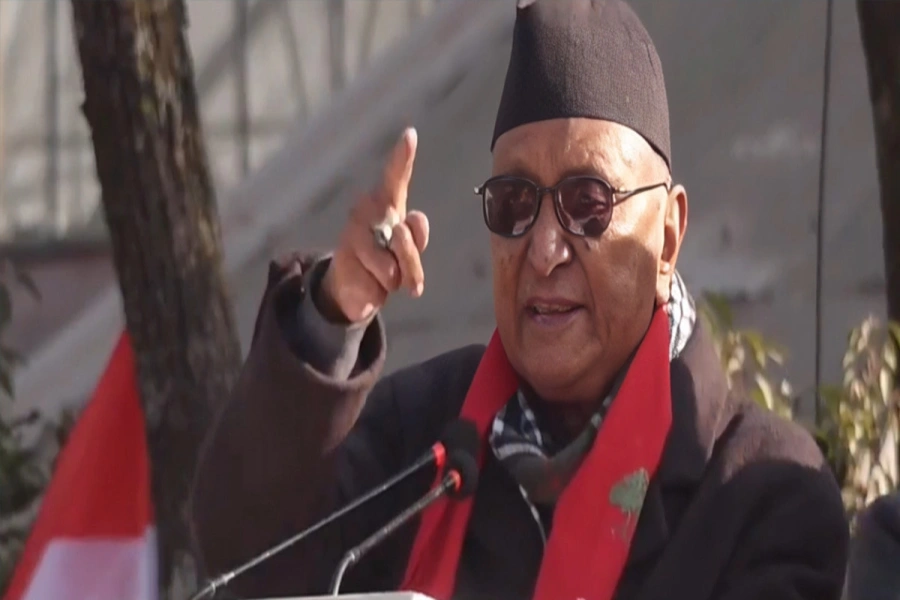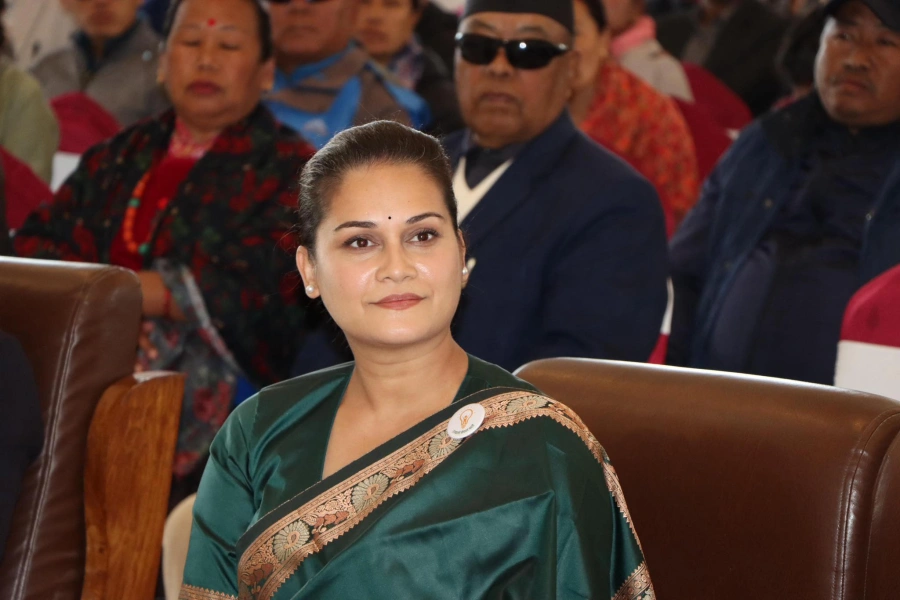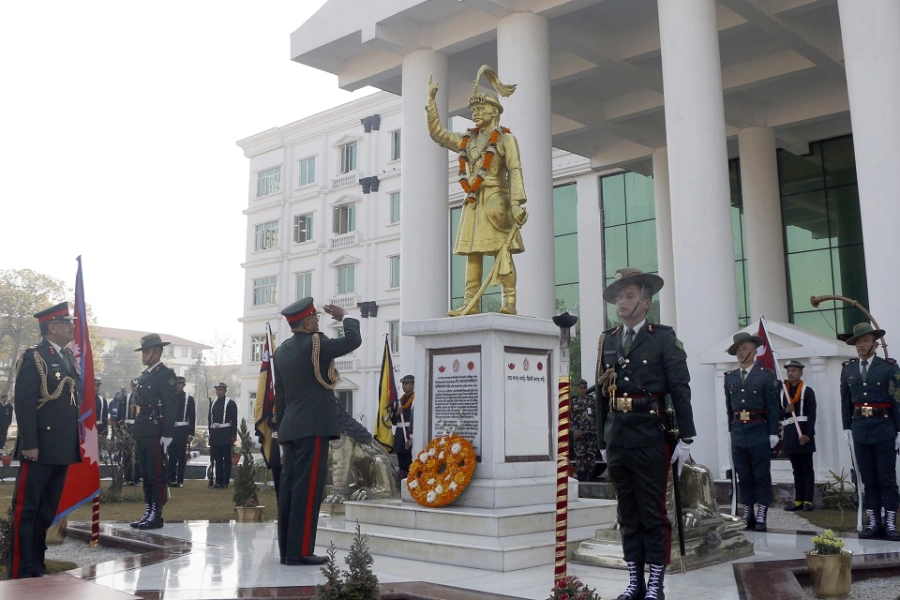EVMs in election
As we are nearing constitutionally stipulated deadline of holding three sets of
elections—local, provincial and federal—before January 2018 and as pressures from various quarters are being exerted on the government and the political parties for holding all those elections on time, one of the concerns that stare us is how the government, political parties and the Election Commission will cooperate with each other to ensure fair and fearless elections. Rigging and double voting have become key impediments to fairness of election process in Nepal. In this context, Election Commission (EC) is looking at the possibility of using electronic voting machines (EVMs) across the country.
We applaud this initiative. But there are also reports of international companies that manufacture such machines lobbying hard to get their product approved at the earliest.
We demand that there be transparent process so that the political parties as well as the voters have the confidence in the machines they will be using to cast their votes.
The importance of using EVMs in the election need not be emphasized. This is one of the reliable tools to prevent vote rigging and, most importantly, we do not have to wait for hours for election outcomes, which we often have to do in manual counting. This is why EVMs are used in most of the developed countries. In our own case, the Election
Commission successfully used EVMs in Kathmandu’s constituency number one during CA elections in 2008 and 2013 by-elections in six constituencies without major technical glitches. Reports say that EC needs at least 60,000 EVMs if local polls are to be conducted in two phases. This in itself requires massive technical and
other logistical support system. Since this is going to be the new experience for most of the voters, we need to carefully weigh the benefits of using these machines.
The Election Commission must also factor in the cost of procurement. If the technology and reliability of the machines are equally good, we urge the EC and the government to go for this option. The elections are expensive enough for us as a country and additional burden on tax payers’ at this time won’t be welcome. Once we decide to use EVMs, the focus of Election Commission should be educating the voters on EVM use. The general people need to be clearly instructed how to cast their votes and the process should be simple enough for a layman to understand. If the process is too complicated, some may not turn out to vote. Moreover, some of the parties might even create rumors about EVMs just to mess up the turnout to their benefit. The Netherlands and France are heading to polls soon. The Netherlands will count votes by hand to discount the possibility of hacking. There has been a worldwide fear of hacking of voting machines lately. Thus while we heartily encourage the use of EVMs, we also urge the EC to study these cases carefully before making the final decision to procure EVMs.
Number of electronic transaction increases, while transaction a...







